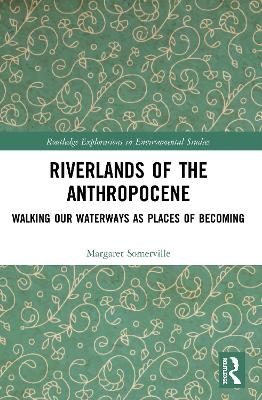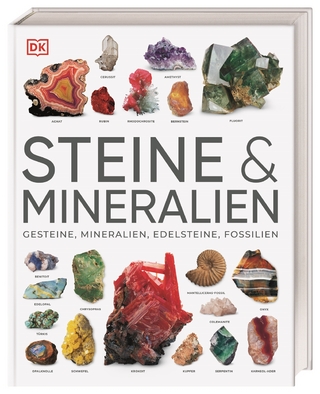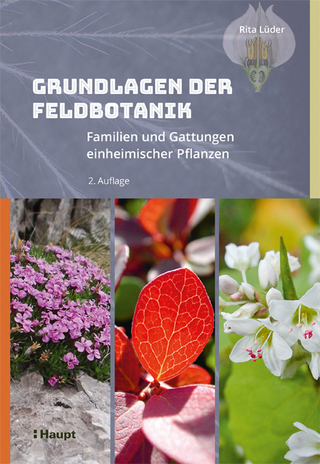
Riverlands of the Anthropocene
Walking Our Waterways as Places of Becoming
Seiten
2021
Routledge (Verlag)
978-0-367-49783-5 (ISBN)
Routledge (Verlag)
978-0-367-49783-5 (ISBN)
The book addresses some of the major conceptual challenges of the Anthropocene. Drawing on stories of migration, environmental activism, and encounters with the living beings that inhabit waterways, it considers the personal relationship with urban waterways and how it links to contemporary global issues.
This is an invitation to readers to ponder universal questions about human relations with rivers and water for the precarious times of the Anthropocene. The book asks how humans can learn through sensory embodied encounters with local waterways that shape the architecture of cities and make global connections with environments everywhere.
The book considers human becomings with urban waterways to address some of the major conceptual challenges of the Anthropocene, through stories of trauma and healing, environmental activism, and encounters with the living beings that inhabit waterways. Its unique contribution is to bring together Australian Aboriginal knowledges with contemporary western, new materialist, posthuman and Deleuzean philosophies, foregrounding how visual, creative and artistic forms can assist us in thinking beyond the constraints of western thought to enable other modes of being and knowing the world for an unpredictable future.
Riverlands of the Anthropocene will be of particular interest to those studying the Anthropocene through the lenses of environmental humanities, environmental education, philosophy, ecofeminism and cultural studies.
This is an invitation to readers to ponder universal questions about human relations with rivers and water for the precarious times of the Anthropocene. The book asks how humans can learn through sensory embodied encounters with local waterways that shape the architecture of cities and make global connections with environments everywhere.
The book considers human becomings with urban waterways to address some of the major conceptual challenges of the Anthropocene, through stories of trauma and healing, environmental activism, and encounters with the living beings that inhabit waterways. Its unique contribution is to bring together Australian Aboriginal knowledges with contemporary western, new materialist, posthuman and Deleuzean philosophies, foregrounding how visual, creative and artistic forms can assist us in thinking beyond the constraints of western thought to enable other modes of being and knowing the world for an unpredictable future.
Riverlands of the Anthropocene will be of particular interest to those studying the Anthropocene through the lenses of environmental humanities, environmental education, philosophy, ecofeminism and cultural studies.
Margaret Somerville is Professor of Education and the Director of the Centre for Educational Research in the School of Education, University of Western Sydney, Australia.
Preface 1. A blue literature review 2. Rivers of the Anthropocene 3. Watery beginnings 4. Walking the songlines of the singing painting river 5. Riverland’s watery ways 6. Bedrock’s sacramental becomings 7. The river’s crossing 8. Global materialities: and the artful excess of river’s litter 9. Regeneration: of trees, weeds and tender intimacies 10. Life and death in the Anthropocene Epilogue
| Erscheinungsdatum | 01.03.2021 |
|---|---|
| Reihe/Serie | Routledge Explorations in Environmental Studies |
| Zusatzinfo | 6 Halftones, black and white; 6 Illustrations, black and white |
| Verlagsort | London |
| Sprache | englisch |
| Maße | 156 x 234 mm |
| Gewicht | 331 g |
| Themenwelt | Sachbuch/Ratgeber ► Natur / Technik ► Natur / Ökologie |
| Geisteswissenschaften ► Geschichte ► Regional- / Ländergeschichte | |
| Naturwissenschaften ► Biologie ► Ökologie / Naturschutz | |
| Naturwissenschaften ► Geowissenschaften ► Geografie / Kartografie | |
| Naturwissenschaften ► Geowissenschaften ► Hydrologie / Ozeanografie | |
| Sozialwissenschaften ► Pädagogik ► Allgemeines / Lexika | |
| Sozialwissenschaften ► Pädagogik ► Bildungstheorie | |
| Technik ► Umwelttechnik / Biotechnologie | |
| ISBN-10 | 0-367-49783-2 / 0367497832 |
| ISBN-13 | 978-0-367-49783-5 / 9780367497835 |
| Zustand | Neuware |
| Haben Sie eine Frage zum Produkt? |
Mehr entdecken
aus dem Bereich
aus dem Bereich
über 500 faszinierende Gesteine, Minerale, Edelsteine und Fossilien
Buch | Hardcover (2023)
DK Verlag Dorling Kindersley
26,95 €
Familien und Gattungen einheimischer Pflanzen
Buch | Hardcover (2022)
Haupt Verlag
64,00 €
vollständig aktualisierte Neuausgabe mit den zusätzlichen …
Buch | Softcover (2023)
Westend (Verlag)
22,00 €


